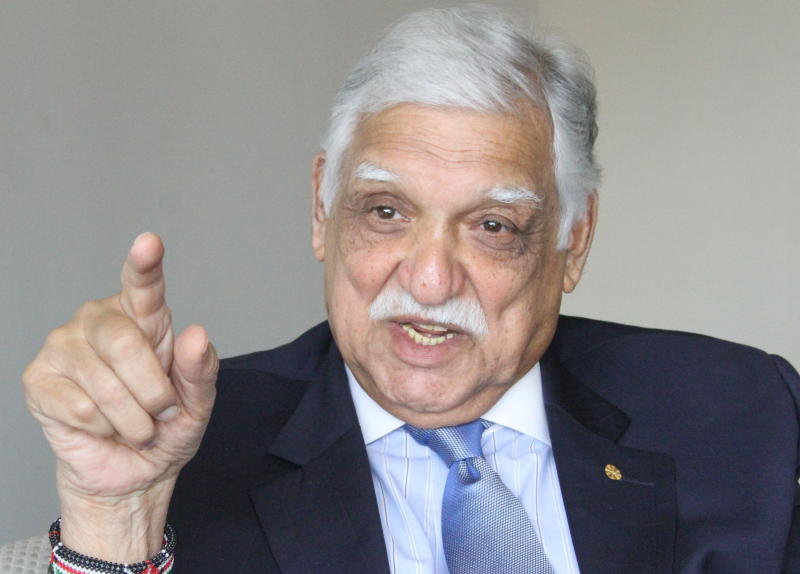×
The Standard e-Paper
Home To Bold Columnists

When the life story of Nizar Juma is written, one of the highlights of his eventful corporate journey will probably be having been the chairman of the biggest number of companies in Kenya and perhaps the region.
At one time, the Jubilee Holdings Chairman was sitting on the boards of 70 companies.